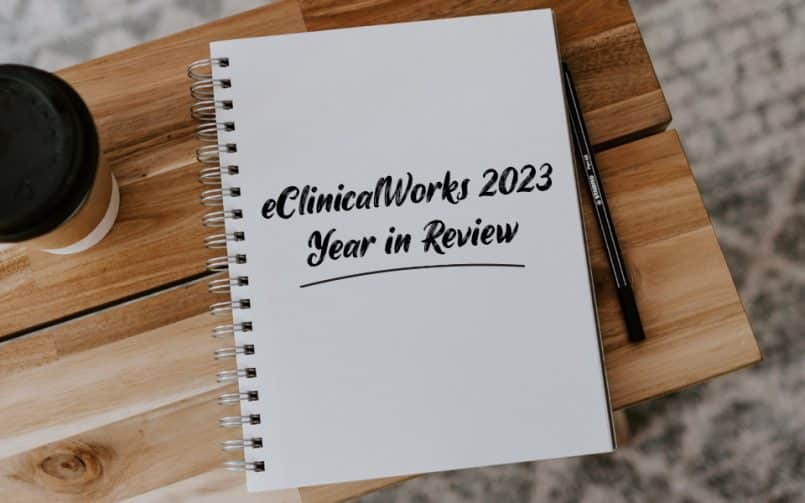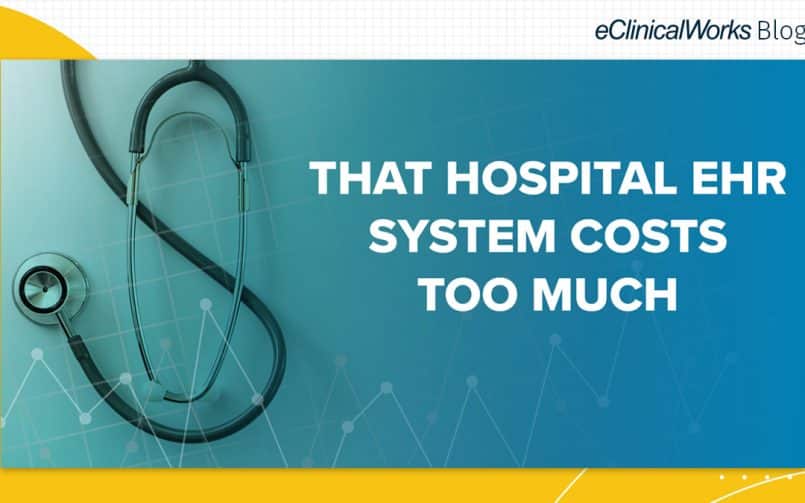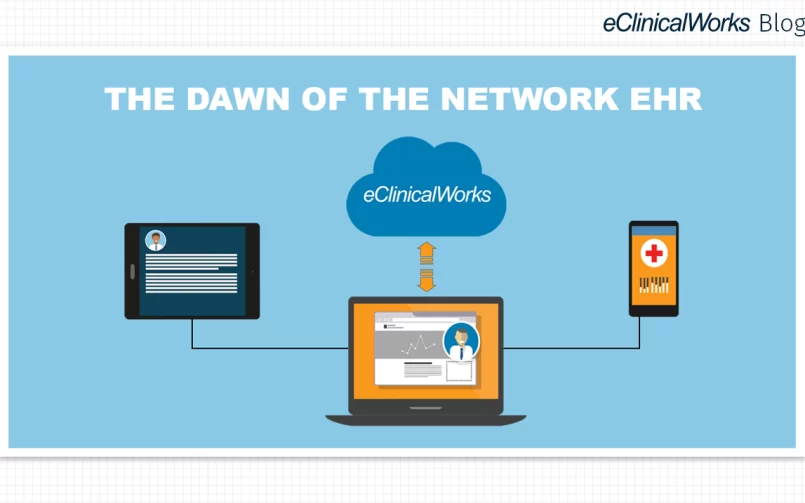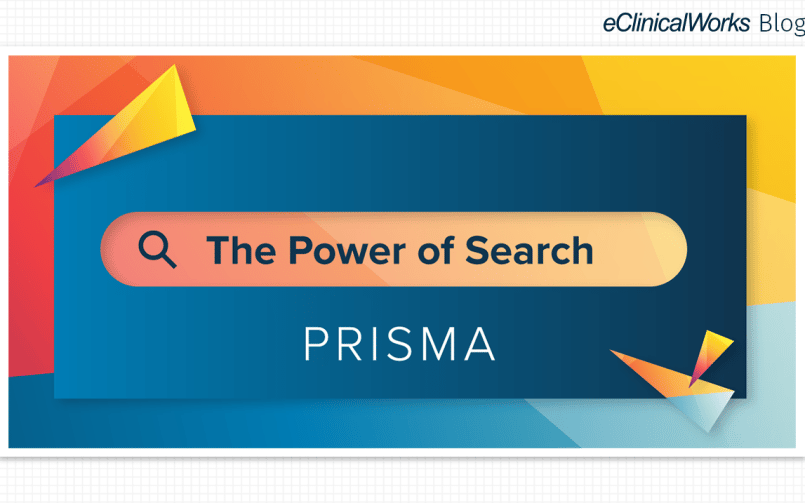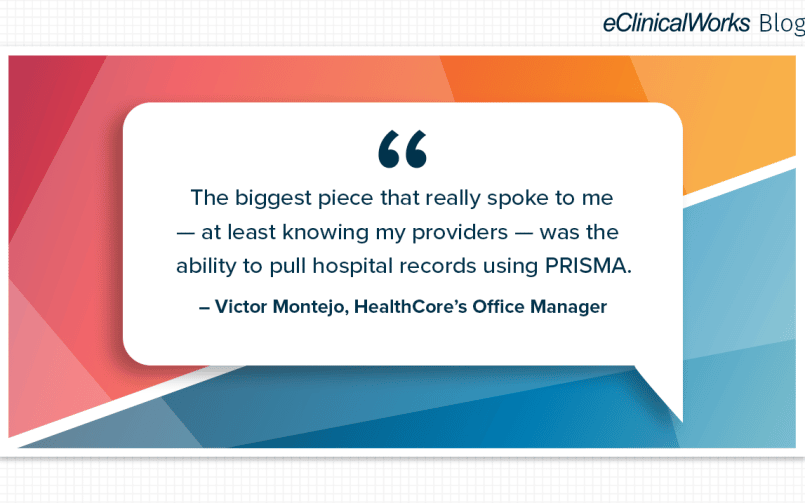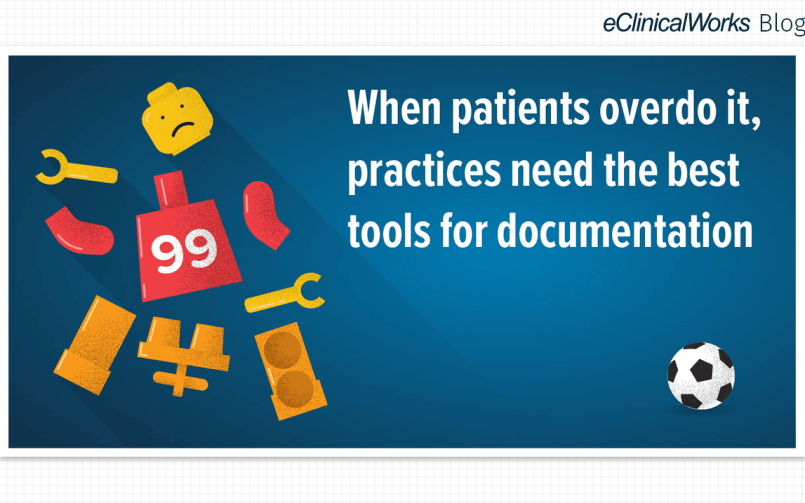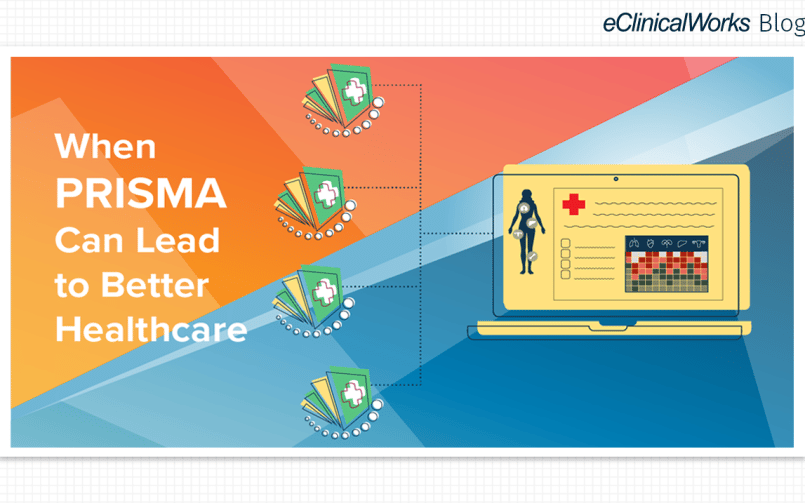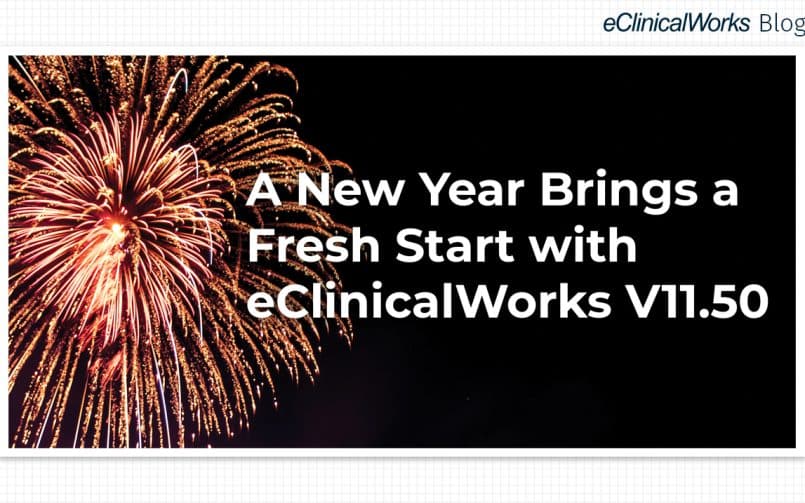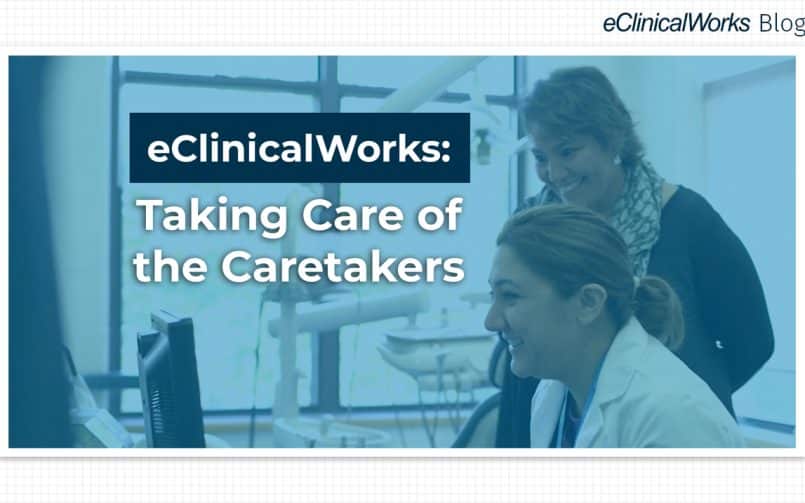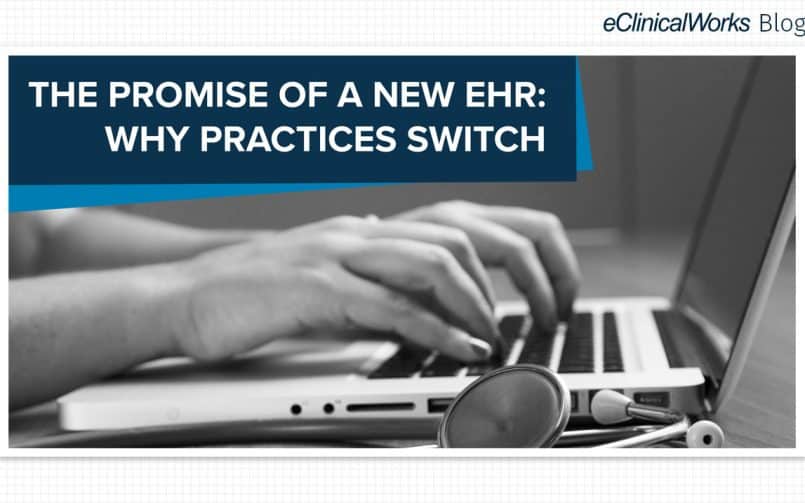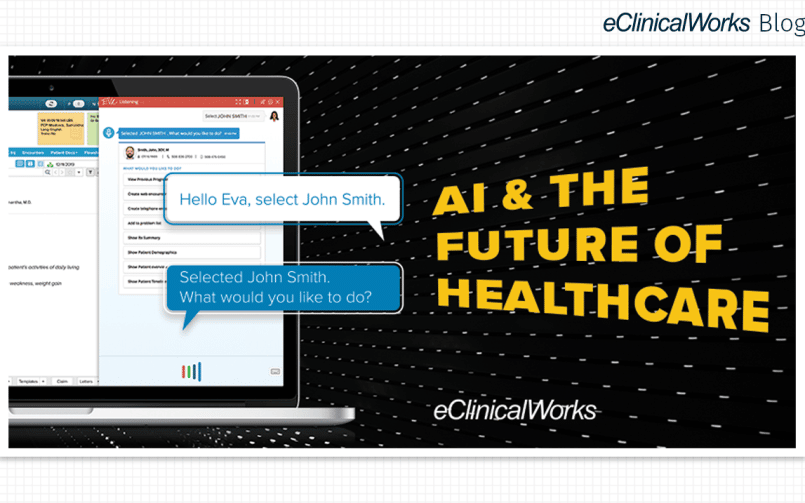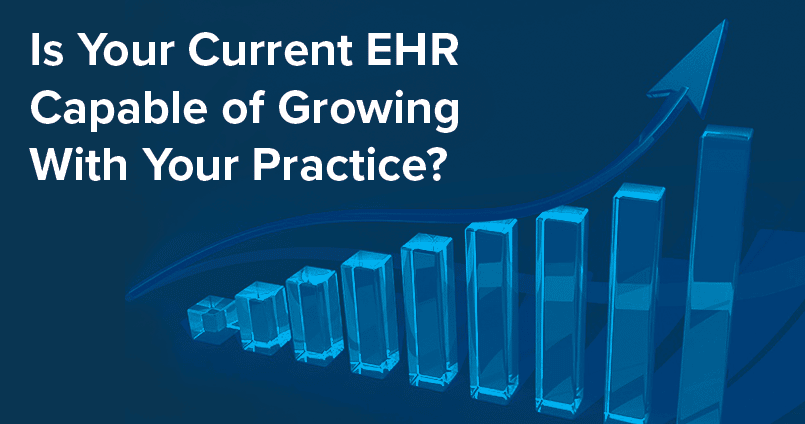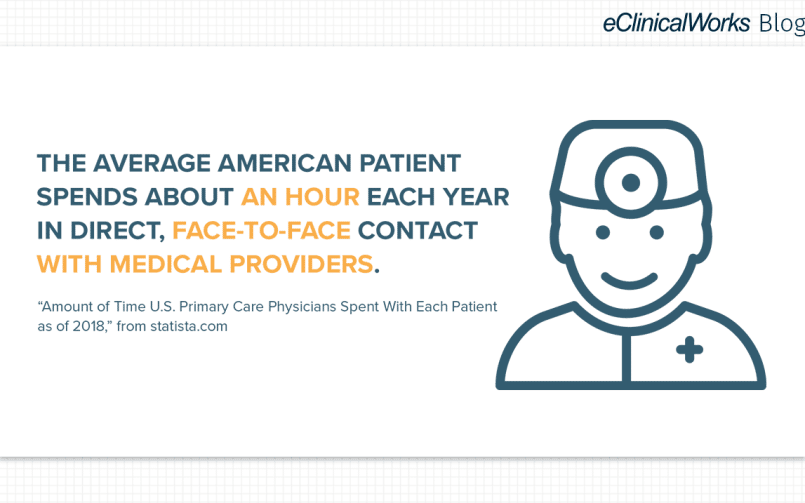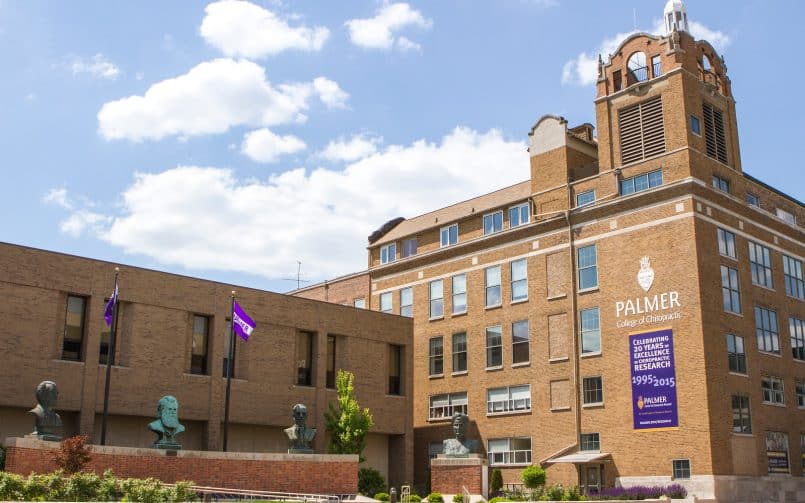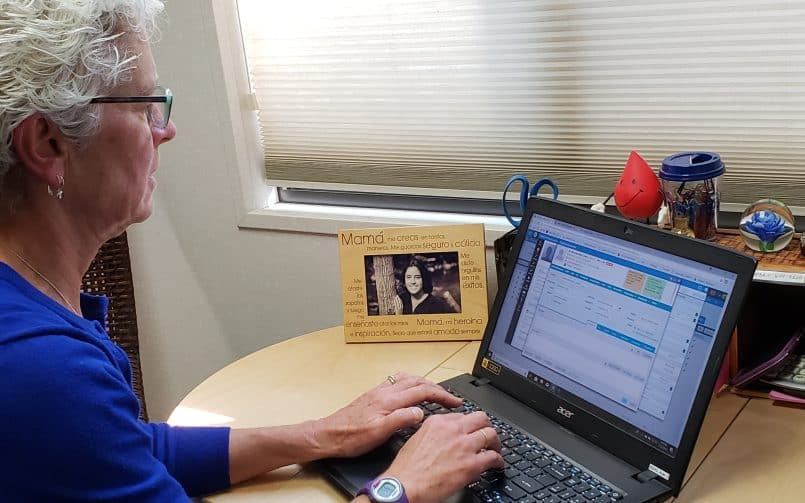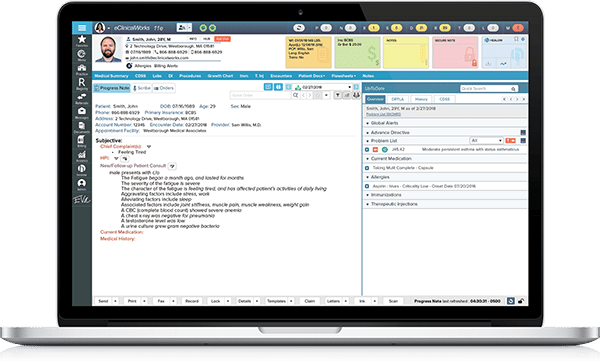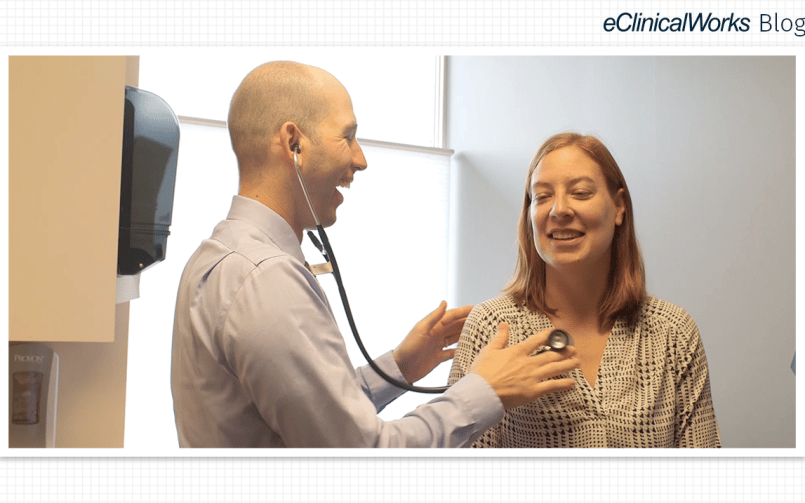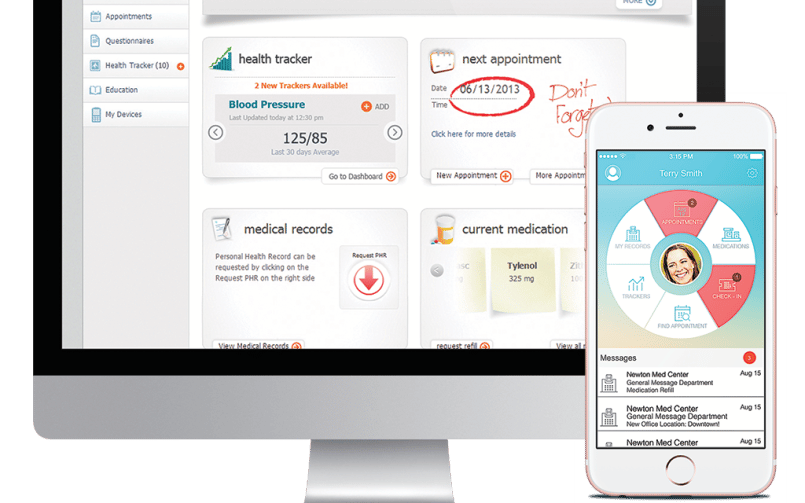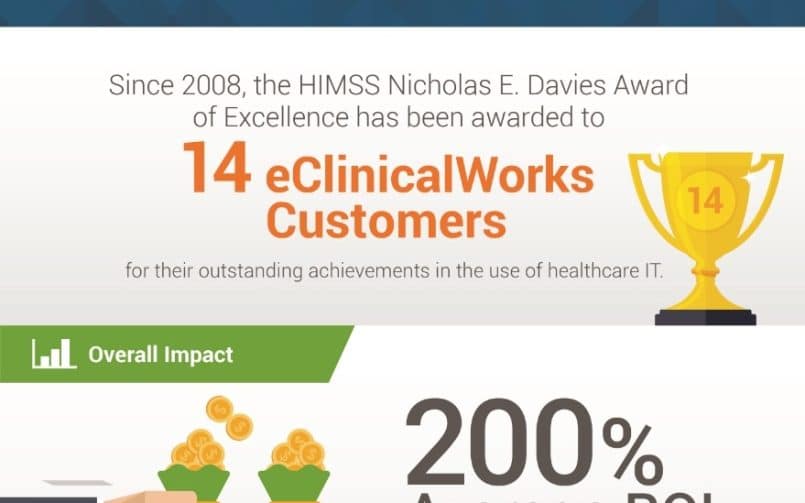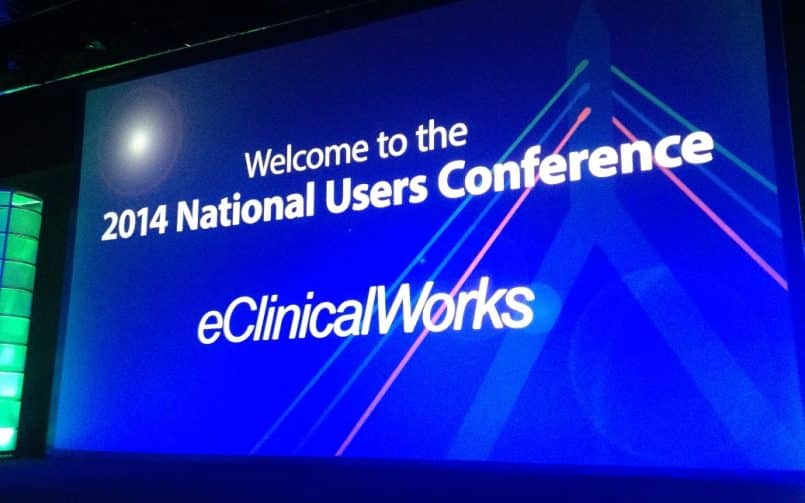Is Urgent Care the New Primary Care?
- 29 May 2019
- Blog
eClinicalWorks
If asked what a healthcare revolution looks like, many people might say sweeping legislative reforms, new technologies, and breakthrough cures for cancer.
But most revolutions look nothing like that. Instead, they develop over time, shaped by long-term societal trends and changing consumer demands and expectations.
The rise of urgent care centers in the U.S. is an example. From modest beginnings in the 1970s, the growth of urgent care has accelerated from steady to extraordinary. A 2017 report by MarketsandMarkets™ estimates that the value of the U.S. urgent care market will reach $16 billion by 2023.
Between 2007 and 2016, according to a report by FAIR Health, private insurance claims for services provided at U.S. urgent care facilities rose 1,725% — seven-and-a-half times faster than the growth in emergency room claims.
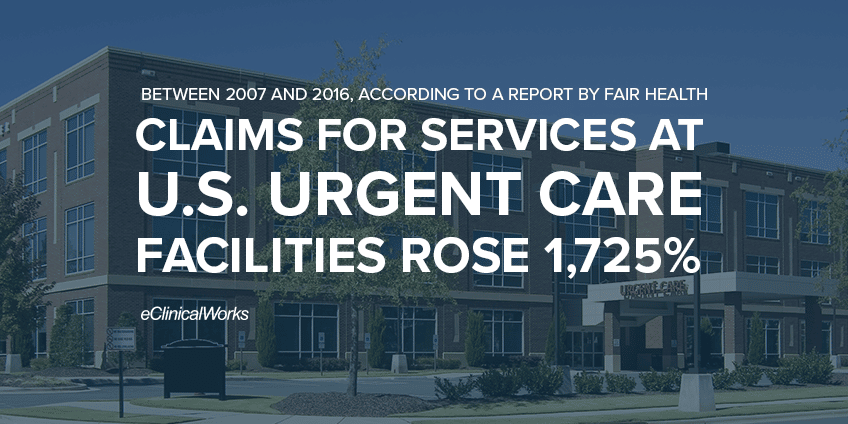
Keeping Things in Perspective
Does that extraordinary growth mean urgent care will replace primary care and the ER as the primary point of contact for many patients?
Probably not. The primary care physician is still the best choice for routine wellness checks and minor complaints. It is with a PCP that patients are most likely to build the kinds of long-term relationships shown to improve health outcomes and life expectancy, as detailed in this ajmc.com blog post. And the ER remains the proper and necessary choice for treating major trauma and life-threatening emergencies.
Addressing the PCP Shortage
However, for many other complaints that fall in between emergencies and “it can wait,” the growth of urgent care centers has been welcome. In part, that growth has been fueled by the shortage of primary care physicians (PCPs). There are more PCPs each year, but their numbers cannot keep up with the nation’s population growth, and many new primary care doctors are choosing to practice in urban and suburban areas, leaving rural Americans with limited choices.
Learn how eClinicalWorks can help your urgent care center!
Thus, for many Americans, urgent care centers — which offer more extended hours and generally do not require advance appointments — have largely taken the place of the primary care doctor. And as Business Insider reported in March, 45% of millennials do not have a primary care physician at all.
A Bright Future for Urgent Care
Forty-plus years have shown that urgent care centers are meeting the same quality standards as PCPs and ERs, and can be cost effective for most procedures. A 2016 study in the Annals of Emergency Medicine found that a visit to the ER could cost as much as 10 times as the same treatment at an urgent care center. And a 2013 Harvard study showed that using an urgent care center saves an average of $262 per incident.
Provided that urgent care centers continue to focus on delivering high-quality medicine, meet the challenges of exchanging data with hospitals and PCPs, and manage to control costs, they will continue to play a vital role in meeting the healthcare needs of Americans.
But the growth and success of urgent care does not mean the end of other care models. It is merely another sign of how consumers today enjoy more power and choice than ever when it comes to meeting their healthcare needs.
eClinicalWorks offers a comprehensive solution for urgent care, enabling you to handle every aspect of patient care, including data integration with patients’ primary care providers, hospitals, and other facilities. Kiosk streamlines check-in and insurance eligibility. Patients can book appointments online, review health records and labs, and exchange messages with providers.
Check out the Righttime Medical customer success story to learn more.





